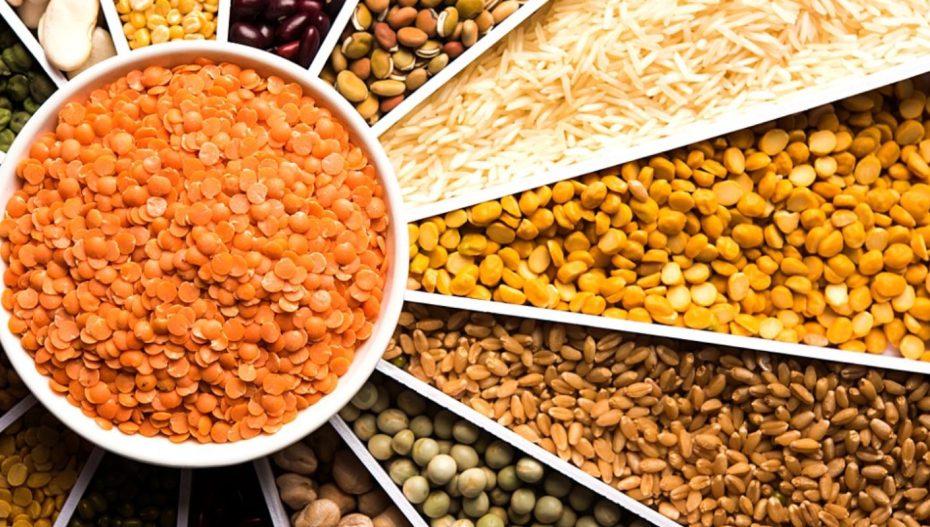‘Dal’, a much-loved food in India, that is consumed in households across the income spectrum, is not a good source of protein, according to nutrition experts.
This is disappointing news for vegetarians. The reason why experts say this is that among the macronutrients – proteins, carbohydrates and fats – dal has the highest content of carbohydrates, followed by fibre and some protein. So eating dal in large quantities will increase your carb intake which is undesirable.
Some other facts about dal illustrate why it is not a good option as a protein-rich food. One bowl of dal has around 5 to 10 grams of protein only. Moreover, only around 70% of protein from dal gets absorbed by the human body.
Also, foods with high amounts of protein usually contain large amounts of amino acids. However, the two main essential amino acids, methionine and cysteine, are not present in dal.
Vital macronutrient
Proteins, and the amino acids they contain, are vital for the growth and functioning of the body. That’s why proteins are critical components of a balanced diet.
Animal-based foods have the highest bio-available proteins. Protein bioavailability refers to how well the body uses protein.
Still there are things lovers of dal can do to improve the situation. They can consume more dal but in combination with other protein-rich foods like soya, paneer, beans, cheese, nuts and seeds. Lentils can be eaten with whole grains and seeds to obtain the essential amino acids. Greek yoghurt is rich in protein and so are chia seeds.
One problem remains. While plant-based protein could meet protein requirements, vegetarians may suffer from deficiencies in other vitamins and minerals.
Also Read: Playing Up ‘Modi’s Promise’, Centre Notifies CAA Rules Ahead Of LS Polls













